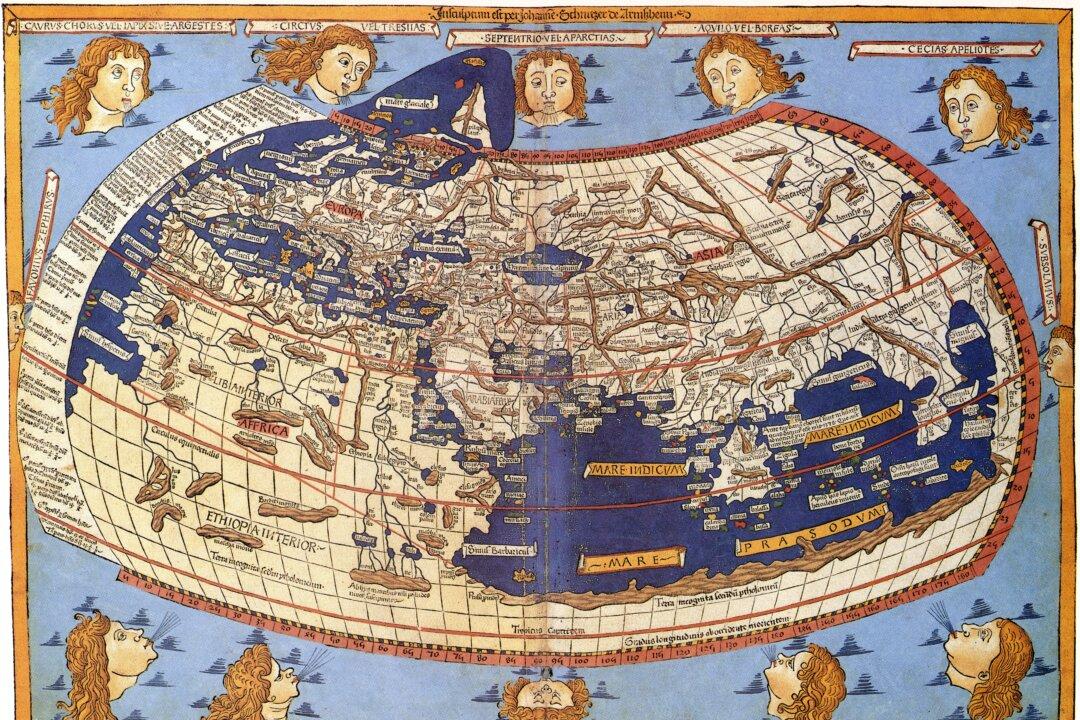The rise of ISIS, continuous drone strikes, and the lack of a powerful leader could spell the demise of the terrorist group.
In the aftermath of the successful U.S. Navy SEALs operation to kill Osama bin Laden, al-Qaeda vowed to continue to attack the U.S. and its allies. Five years later, the terrorist organization is being overshadowed by the extremely brutal Islamic State (ISIS). Farhan Zahid, a counterterrorism expert working in Pakistan’s police service, tells us what the relationship between al-Qaeda and ISIS is, and what long-term effects the death of bin Laden had on the terrorist organization.
ResearchGate: Could you give me a short update on the state of al-Qaeda today?
Farhan Zahid: At the moment, al-Qaeda is in a difficult position primarily due to U.S. drone strikes in tribal areas of Pakistan, where they found a safe haven after the fall of the Taliban regime in Afghanistan in December 2001. As many as 64 al-Qaeda top leaders and high-value targets have been killed in the CIA’s counterterrorism measures since 2004.
However, due to al-Qaeda’s loose and decentralized structure, it has thus far managed to survive the U.S. onslaught. The cell-based structure is spread over in more than 60 countries, and a plethora of local Islamist groups in Asia, the Middle East, Africa, and cells of disgruntled Islamist in Western Europe have pledged allegiance to al-Qaeda over the past 14 years.
At times, al-Qaeda has established itself as a mother-ship organization, in effect franchising to smaller local groups. In this way, al-Qaeda has managed to keep itself afloat amid a significant effort from the United States and its allies to pulverize the organization.




